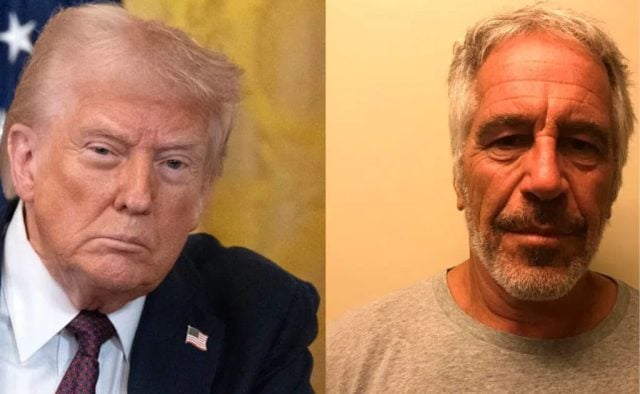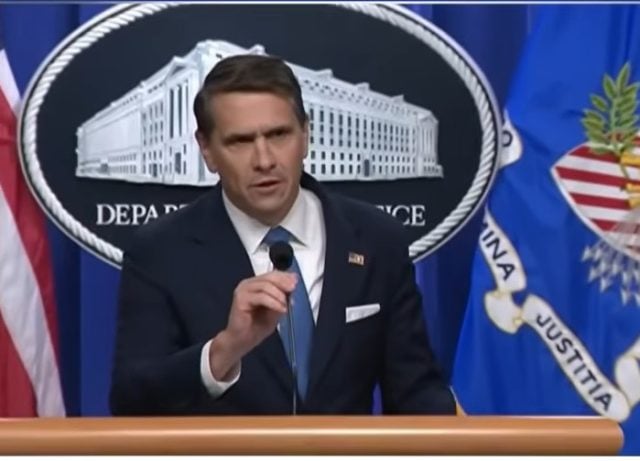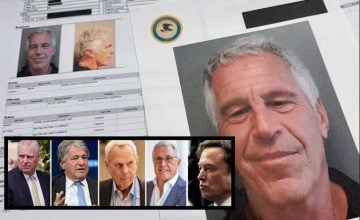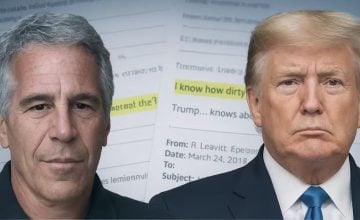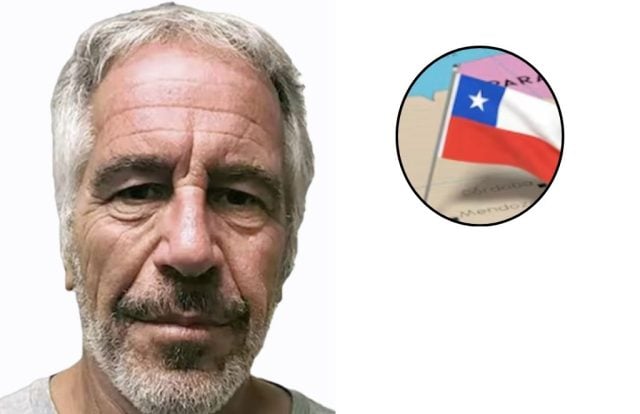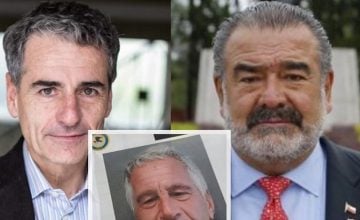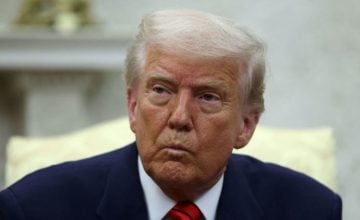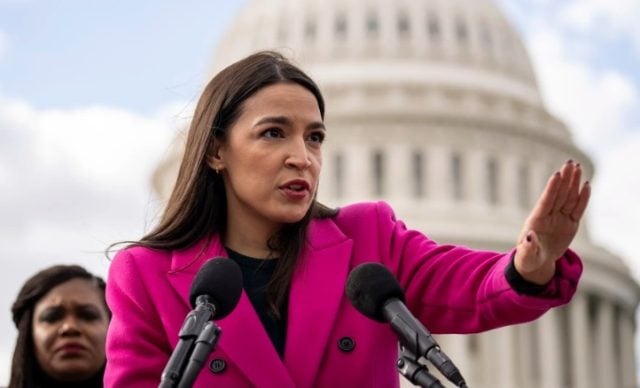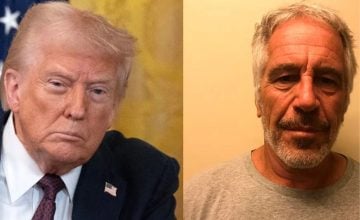Original article: “Sabía lo de las chicas”, “Pasó horas en mi casa”: correos de Epstein reabren preguntas sobre Trump
Epstein’s Emails Resurface, Renew Questions About Trump’s Involvement
The release of previously undisclosed emails from Jeffrey Epstein has reignited inquiries regarding President Donald Trump‘s connection to the convicted sex trafficker.
The documents were released on Wednesday by Democratic lawmakers from the House Oversight Committee, part of the ongoing investigation into Epstein’s activities.
In three emails, Epstein mentioned that Trump had «spent hours at my house» with one of his victims, among other messages suggesting that Epstein believed the president knew more about his abuses than he has admitted.
Trump has strongly denied any involvement or knowledge of Epstein’s sex trafficking operations. He stated that he and Epstein, the disgraced financier who died by suicide in a federal prison in 2019, were once friends but had since parted ways.
However, House Oversight Committee Democrats noted that the emails, selected from thousands of pages of documents received by their panel, raise new questions about the relationship between the US president and the sex offender.
In one of the messages, Epstein claimed that Trump «knew about the girls,» many of whom, investigators later discovered, were minors. In another email, the financier reflected on how to address media inquiries about his relationship with Trump as he became a national political figure, as reported by The New York Times.
“These recent emails and correspondence raise obvious questions about what else the White House is hiding and the nature of the relationship between Epstein and the president,” stated Representative Robert García of California, the leading Democrat on the Oversight Committee.
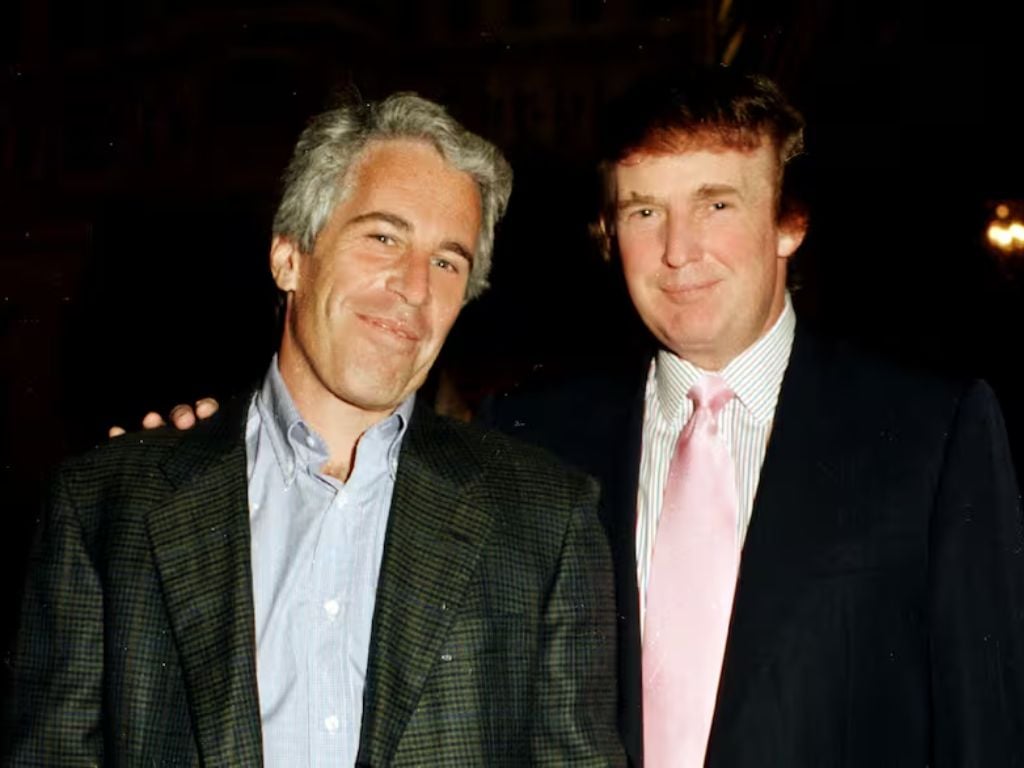
Details of the Emails About Trump: ‘Of Course He Knew About the Girls’
The three email exchanges disclosed by Democrats date from after Epstein’s 2008 guilty plea in Florida to state charges of soliciting prostitution, in which federal prosecutors agreed not to pursue charges.
The material originates from a period following Trump’s alleged distancing from the financier in the early 2000s. One email was addressed to Epstein’s long-time confidante, Ghislaine Maxwell, while the other two were with author Michael Wolff.
In the email to Maxwell in April 2011, Epstein wrote: «I want you to realize that the dog that hasn’t barked is Trump… [Victim] spent hours at my house with him, has never been mentioned. Chief of police. etc. I’m 75% there.» To which his associate replied: «I’ve been thinking about that…».
In an email sent to journalist Michael Wolff in January 2018, Epstein indicated: «Trump said he asked me to resign, I was never a member. Of course, he knew about the girls, as he asked Ghislaine to stop it.»
Democrats in the House noted, citing an anonymous whistleblower, that Maxwell was preparing to formally ask Trump for a commutation of her federal prison sentence, The New York Times reported.
According to this media outlet, Wolff was also involved in a third email exchange that began on December 15, 2015, coinciding with the Republican presidential primary debate.
The journalist emailed Epstein, warning him that CNN was «planning to ask Trump that night about his relationship with you, either live or in the post-conference.»
Subsequently, the financier replied: «If we could draft a response for him, what do you think it should be?»
Wolff advised him to do nothing and suggested that Trump might try to deny a close relationship between them.
«I think you should let him sink on his own,» he wrote about Trump.
«If he says he has never been on the plane or at the house, that gives you a valuable political and public relations advantage» that could be used to «sink him» further or «save him and create a debt,» he advised Epstein.
The emails were provided to the Oversight Committee along with a larger batch of Epstein’s estate documents that the panel requested as part of its investigation into the businessman and Ghislaine Maxwell, who is serving a 20-year sentence for sex trafficking charges.
After receiving the material, committee members removed the names of victims and any identifying information from the emails. Since the complete set of documents has not been released, questions remain about whether these messages were extracted from more extensive conversations that could have provided a more complete context of the relationship between Epstein and Trump.
The Mystery of Epstein’s Death and Names Pending
Jeffrey Epstein was found dead in his cell at the Metropolitan Correctional Center in Manhattan on August 10, 2019, in an incident classified as suicide but surrounded by conspiracy theories. His death occurred a day after documents linking powerful figures to his crimes were leaked, including investor Glenn Dubin, former New Mexico Governor Bill Richardson, and Prince Andrew of England, who reached a multi-million dollar settlement in 2022 with one of the victims who accused him of sexual offenses when she was a minor.
Since then, the demand to know the complete list of Epstein’s associates has been ongoing.
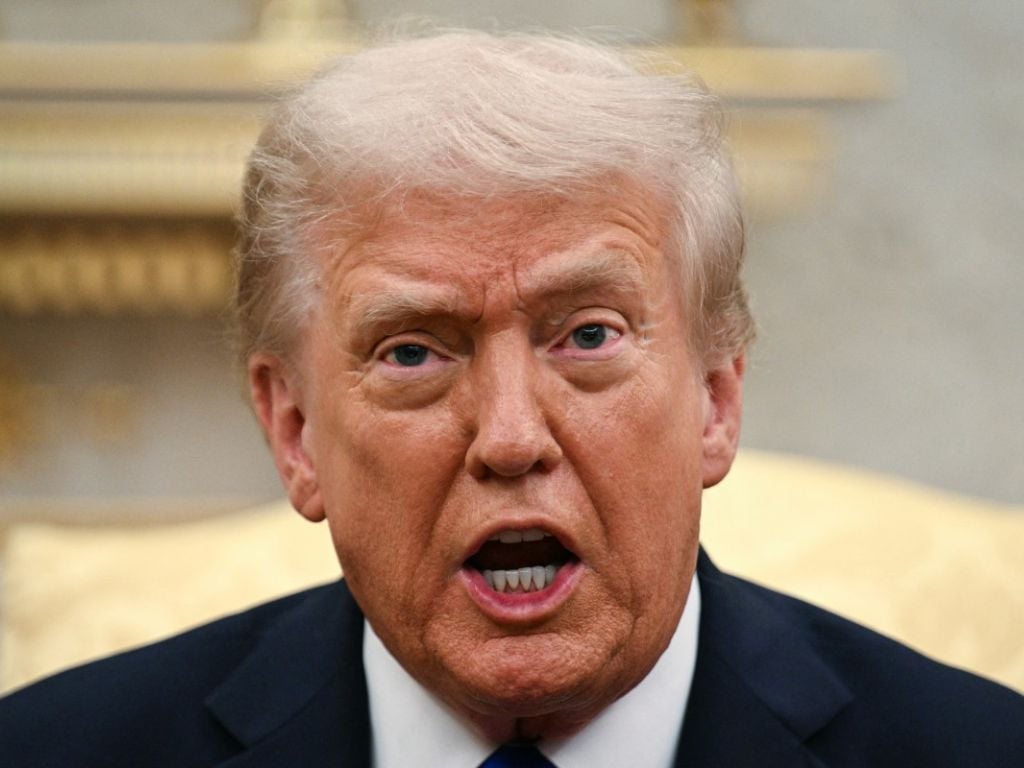
What Does Trump Say About Epstein’s Emails?
During his campaign for a second term, Trump pledged to declassify key documents from the Epstein case, one of the darkest scandals in recent US history, linked to powerful political, business, and aristocratic figures.
However, since taking office in January, the president has avoided declassifying files, fueling suspicions due to his close relationship with the financier and repeated associations with the case.
In fact, the initial leaks only included information already known, leading to skepticism and frustration.
Following the release of the three new Epstein emails, Trump’s administration dismissed the information as «fake news» and accused opposition lawmakers in the House of filtering documents to «defame» the president.
“Democrats selectively leaked emails to liberal media to create a false narrative to defame President Trump,” stated White House Press Secretary Karoline Leavitt.
